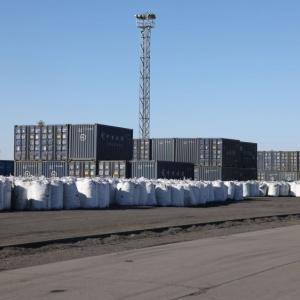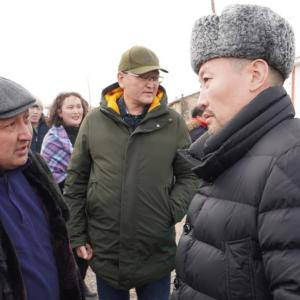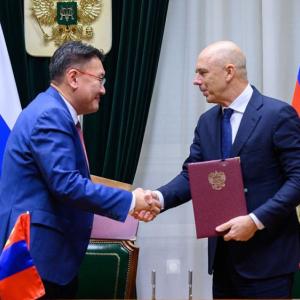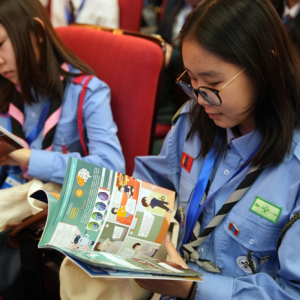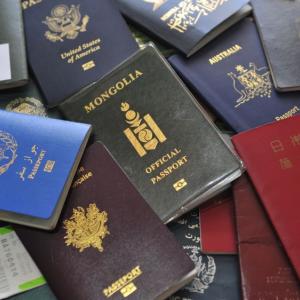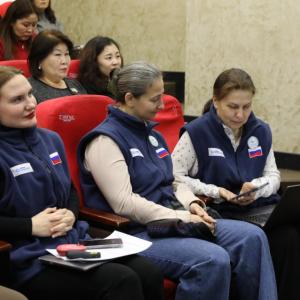Emergency Commission Calls for Budget Approval for Severe Winter Preparation in Western Aimags
Politics
Ulaanbaatar, October 7, 2025 /MONTSAME/. Last week, Deputy Prime Minister and State Emergency Commission Chief Amarsaikhan Sainbuyan appointed a working group to assess and address the risk of potentially severe winter conditions in the western aimags of Mongolia. The team, led by State Emergency Commission Secretary Colonel T. Bayarkhuu, conducted field visits across seven western aimags and has submitted its report.
During the meeting, officials emphasized the
urgent need to approve a budget aimed at mitigating risks associated with
winter and spring hardships. Based on drought risk assessments covering all 330
soums across 21 aimags, 25 soums were
categorized as having a very high risk, 54 as high risk, 130 as medium risk, 129 as low risk, and 2 as having a very low risk.
Western aimags are actively working to secure sufficient feed reserves and to reduce herd sizes by bringing more livestock to market ahead of winter. For the 2025–2026 winter and spring seasons, preliminary estimates indicate that approximately 2.7 million head of livestock will overwinter and spring in Uvs aimag, with 30 percent planned for sale or processing as part of risk mitigation and economic preparedness efforts. Meanwhile, projected livestock numbers for the same period include 6.3 million in Khovd, 6.0 million in Zavkhan, 3.6 million in Bayan-Ulgii, 4.3 million in Gobi-Altai, and 5.3 million in Uvurkhangai.
The Emergency Commission has issued early
warnings about the heightened risks for the 2025–2026 winter and spring
seasons, urging local authorities and herder households to prepare thoroughly.
Deputy Prime Minister Amarsaikhan instructed the Emergency Commission, the Ministry of Food, Agriculture, and Light Industry, and local authorities at all levels to consolidate information and coordinate efforts effectively. He emphasized the importance of regularly providing herders with drought and dzud (severe winter) risk assessments and weather updates to ensure timely and adequate winter preparedness.
All levels of government have been tasked with
facilitating the import of fodder through customs without delays or disruptions
for herders and businesses, and with preventing unjustified feed price hikes
and artificial supply shortages.
In addition, efforts will focus on selling and
processing livestock in high-risk areas to reduce winter losses, support
domestic supply, and boost exports in partnership with the private sector.
Local authorities will also work closely to prevent pasture-related conflicts
and ensure that herders engaged in pastoral migration receive prompt healthcare
and other support services.
 Ulaanbaatar
Ulaanbaatar






















